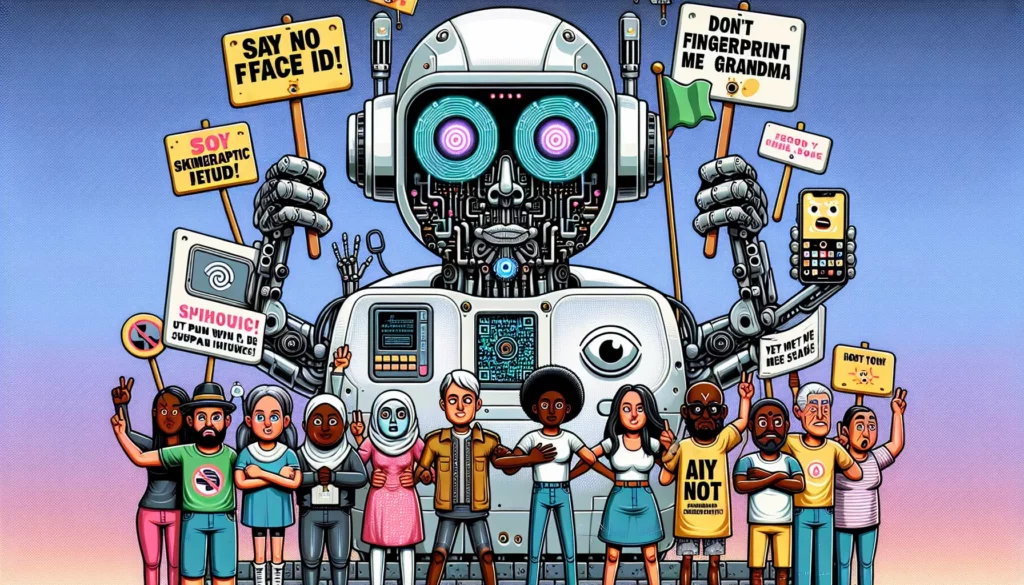Significant Portion of Americans Advocates for Restrictions on Biometric Technologies
A significant portion of the American public expresses deep-seated apprehensions regarding the use of biometric data online. Recent findings from a survey conducted by the Identity Theft Resource Center (ITRC) reveal that nearly two-fifths of respondents—specifically 39%—believe that biometric technology should be banned altogether.
The ITRC, a non-profit organization dedicated to assisting both consumers and organizations in reducing the impact of identity-related crimes, surveyed 1,177 individuals for its recent Biometric Consumer Attitude Report. The survey found that 87% of participants had been requested to provide biometric identifiers for identity verification purposes in the previous year. However, an overwhelming 63% harbored serious concerns about sharing such sensitive information.
Interestingly, despite these reservations, 91% of respondents proceeded to submit their biometric data, and a majority acknowledged that biometrics could play a role in diminishing identity theft. Nonetheless, a notable minority remains opposed to such technologies, particularly within younger demographics, with 45% of young respondents advocating for a ban. The survey also indicated that 54% of those opposed were male, while a significant number of female respondents were categorized as undecided.
“This research underscores a crucial need for professionals engaged in the battle against identity crimes to enhance efforts in elucidating both the advantages and potential risks associated with emerging identity technologies, especially biometrics,” remarked Eva Velasquez, CEO of the ITRC.
The ITRC aims to ensure that this report not only acts as a reference for future studies but also serves as a framework to foster public awareness and acceptance. Velasquez emphasized the importance of understanding the implications of biometric identity verification, positing that while change may induce discomfort, resistance without comprehension can lead to avoidable risks.
This sentiment is particularly paradoxical given that a significant number of smartphone users regularly use biometric measures, such as facial recognition and fingerprint scanning, to access their devices and applications. However, the emergence of deepfake technology poses a growing threat, progressively undermining the reliability of biometric verification methods, especially in the financial sector.
Recent research indicates that deepfakes constitute approximately 24% of attempts to bypass motion-based biometric verification, typically utilized by banking institutions and other service providers for user authentication. In tandem, researchers have identified malware specifically designed to extract biometric information from videos, facilitating the creation of deepfakes that can deceive these verification systems.








